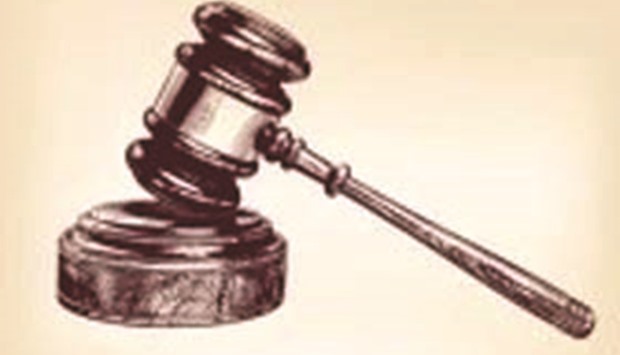In a significant judgement to depoliticise private educational institutions, the high court (HC) in Bangladesh yesterday declared two sections of the Governing Body and Managing Committee Regulations, 2009 as illegal as those allow members of the parliament (MPs) to lead the managing committees or governing bodies of private schools and colleges.
As per the HC order, no member of parliament will be allowed to hold the post of chairman of the managing committee or the governing body of any private school and college.
A two-member HC bench comprising Justice Zinat Ara and Justice Zahirul Hoque came up with the order after the final hearing on two writ petitions filed by lawyer Yunus Ali.
According to section 5 of the Governing Body and Managing Committee Regulations, 2009, an MP can be the head of the managing committees up to four private schools and colleges, and section 50 empower them to from a special committee in private
educational institutions.
Both of the sections are contradictory to the Bangladesh constitution, said Yunus Ali. “Now private schools and colleges have to form managing committees through election,” he added.
On January 16, Ali filed a writ petition with the HC seeking the court order to abolish the special committee of Viqarunnisa Noon School and College headed by Civil Aviation and Tourism Minister Rashed Khan Menon.
Following the writ, the HC had issued a ruling asking the authorities concerned to explain why the special committee of Viqarunnisa Noon School and College will not be declared illegal and contradictory to the constitution.
Later, Yunus Ali filed another writ petition with the HC challenging the legality of the sections 5 and 50 of the Governing Body and Managing Committee Regulations 2009.
On April 6, the HC issued another rule asking the authorities concerned to explain why the sections will not be declared illegal and contradictory to the constitution.
Earlier, ruling Awami League lawmakers used to head the governing bodies and politicised school and college administrations. In most cases, they influenced recruitment
of party men as teachers.

court
